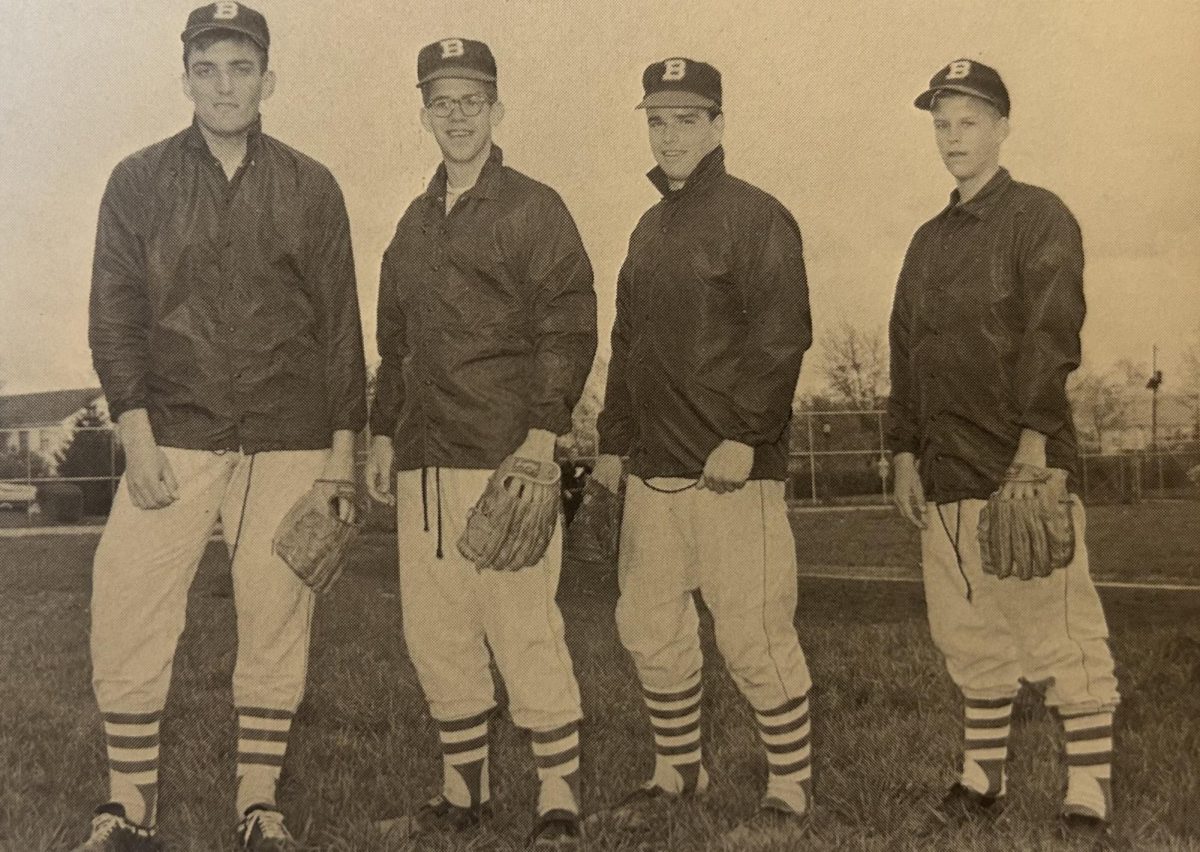Sometimes in order to expand your own faith, you have to experience another approach to religion. I had the opportunity to do this by attending a service at Congregation Tifereth Israel.
Prior to this service, I had only attended synagogue for Bar and Bat Mitzvahs. Those services always lasted on average two and a half hours and had plenty of congregation participation.

I took part in an Unroll the Scroll service via Zoom, led by senior Rabbi Hillel Skolnik, that was a part of the temple’s celebration of the Simchat Torah.
“The special service was for a holiday called Simchat Torah on which we celebrate the ending and beginning again of our annual cycle of readings from the Torah,” Rabbi Skolnik said.
The service began with Rabbi Skolnik standing in the front of the sanctuary and unrolling the entire Torah scroll. In its entirety, the service lasted no more than 30 minutes, and for a majority of that time, I was unaware of what was being communicated because most of the service was in Hebrew.
Even though I was confused, I was still able to recognize the importance of Torah itself. It is the center of their beliefs and gives them a direct connection to their God, which I had never seen before.
In addition to learning basic facts like how the Torah is read backwards, I learned how inclusive the synagogue was. Not once was I singled out or expected to participate in prayer. I was able just to observe and enjoy the experience.
“We are a traditional egalitarian synagogue, which means that we do a traditional service while including all Jewish adults equally,” Rabbi Skolnik said. “We strive to make our services engaging and spiritual as a welcoming and inclusive community.”
My favorite part of the service was at the end. A few times a year, I can be found Sunday mornings with my mother at my own church, Bexley United Methodist. The service concludes with our youth pastor standing in front of the church asking who to pray for. However, at the synagogue, the rabbi closed by praying for everyone: the congregation attending the service, both in person and at home, as well as all the members at the temple who were unable to attend.
Even without prior knowledge, I was still able to exit the Zoom feeling changed. I had never thought about how my friends went to synagogue and were expected to form religious ideas in another language.
After the service, I did not consider converting to Judaism, but I believe that learning about another approach to religion has helped me to expand my own faith. I have gained a deeper understanding of how religious documents play an important role in worshipping and how praying in a group setting has even more spiritual value.















